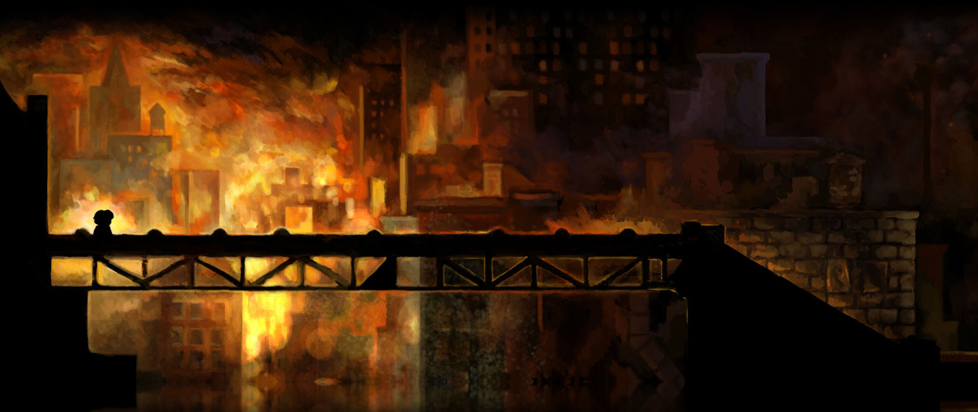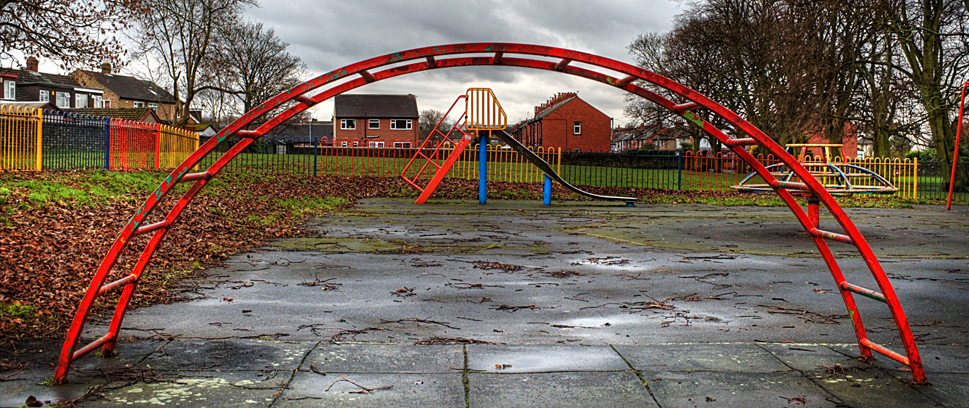
Unwinnable Weekly Issue Forty-One
This is a reprint of the letter from the editor in Unwinnable Weekly Issue Forty-One – check out the excerpts at the end of the post. You can buy Issue Forty-One individually now, or purchase a one-month subscription to make sure you never miss an issue!
———
 Hi there,
Hi there,
I was chatting with game developer and writer Claire Hosking the other day on Twitter. She was remarking on how she found Jason Rohrer’s 2007 game Passage a shallow commentary on relationships.
This caught my attention for two reasons. First, I remain fond of Passage, a five minute game which spans the entire lifetime of your treasure-hunting character. Second because I don’t see how a five-minute game can be very deep about any specific title, I’ve always viewed it as a kind of poem, looking for the totality of its subject.
Claire rightly observed that much of the focus of indie games in recent years has been on relationships, which makes Passage stand out for its paucity on the subject. Of course, in 2007, there were only a handful of “indie” games, but it is interesting to note that one of them, Braid, whose success arguably launched the indie scene as we currently know it, was about a relationship.
When Braid came out, I thought it was brilliant, particularly the way the twist at the end is dependent upon the time mechanics you’ve used the entire game. I can’t think of a game where the actual twist was embedded in how you play rather than in the details of the narrative.
Looking back, though, I am mostly ambivalent about Braid. It is about relationships, yes, but I can’t tell you exactly how. It is damnably vague, in the same way that student art films are vague – all sound, no real fury.
I find this curious. For Passage, the context of it being an early – and short – indie game means I still view it in the positive. For Braid, the context of its fame, coupled with its complexity, leaves me thinking it was an important, but stumbling, first step in a larger tapestry of indie games.
Now, the point of all this isn’t that I like Passage and dislike Braid now, or that my opinion of them is somehow more right than Claire’s. My point is that context is incredibly important foundation for you opinion and it is easy to lose site of that. One reason Claire didn’t particularly care for Passage is that she played it the other day. Her mixed feelings on Braid may similarly be influenced by the fact that she first played it in 2011.
All these opinions are honest ones. The trick isn’t to argue the rightness or wrongness of them – it is try and decode the context those opinions are embedded in and figure out how that informs your thinking. It’s about perspective and empathy and the free exchange of ideas.
It was one of the better conversations I’ve had on Twitter lately and I hope it serves as a model for more in the future – both mine and yours.
* * *
This week, Matt Marrone leads us off with a quick look at the most infuriating puzzle game ever made: None*. I find some curious historical RPG context in my recently acquired collection of old Dragon Magazines. Gus introduces the hideous Rat King in the latest installment of Dungeon Crawler. Finally, in our cover story, Stephanie Vidot seeks to cure her wanderlust and find out why there are so few female protagonists in open world games like Red Dead Redemption.
Have a swell weekend, gang. Hit me at stuhorvath@unwinnable.com if you need me.
Stu Horvath,
Kearny, New Jersey
April 23, 2015
Story Excerpts
The thing about None* is you can’t play None* without cheating. Go ahead, I fucking dare you not to cheat.
“Master of None*,” by Matt Marrone
There are other oddities: rave reviews for novels that you’ve never heard of, fold-out board game prototypes, cardboard model castles, hobby shop indexes, programs for GenCons and ballots for ancient lifetime achievement awards. There are the endless arcane rules, the minutiae that reflect the priorities and interests and personalities of their authors, like Gygax’s own 13-page “Weather of Greyhawk” feature. It isn’t a history, exactly, but rather, perhaps, an assembly of interesting, idiosyncratic artifacts. Here, then, are some interesting things my excavations have unearthed.
“Here be Dragons,” by Stu Horvath
It could be the siren song of every game of this type, with all their free-roaming boasts and caprices. I’ve read it many times before: here, you can go anywhere. Do anything. There are mini-games and side stories to pursue. The whole world is yours to explore, for better or worse. All of this in Red Dead Redemption is experienced through the life and story of John Marston.
“The Open Road,” by Stephanie Vidot
The Rat King was a swirling mass of rodents that took the shape of a monstrous, humanoid ruler. It stood a good twenty feet tall, towering over Daisy’s tiny frame. From her bowed position Daisy could make out the Rat King’s massive feet as they shuffled across the filthy cave floor. Hundreds of red eyed rat peered out at her from the toes. Their claws, tails and sometimes their mouths, clung to each other to hold the form of the Rat King’s feet in place.
“Dungeon Crawler, Part Nineteen,” by Gus Mastrapa




